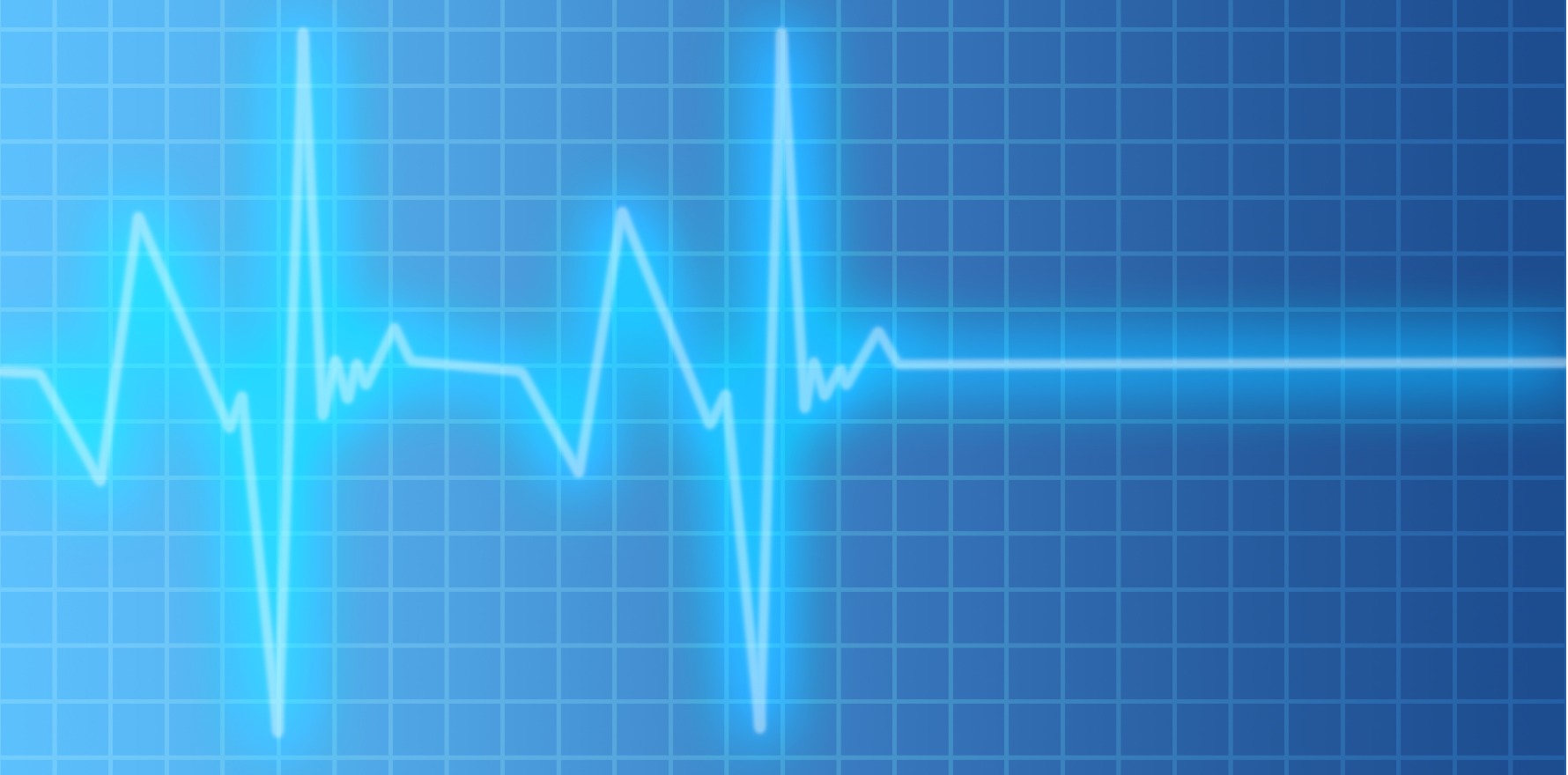GPs won’t be reimbursed for interpreting ECG tests under changes slipped into the MBS.
GPs have been shocked and confused at learning they will no longer be reimbursed under the MBS for interpreting ECG tests, with rebates restricted to specialists.
This means GPs will have to refer their patient on for a potentially expensive consultation with a specialist, or interpret the test for free.
As of 01/08/2020 #justaGP is no longer allowed by Medicare to charge for interpreting an ECG. We are not deemed as Specialists and only good enough to do the tracings. Or interpret them for free same as we do the joint injections for free. pic.twitter.com/qN9BFpczWH
— Thinus van Rensburg (@tvren) July 20, 2020
The AMA and RACGP did not appear to have flagged the changes, which are set to take effect on August 1, with their members. It’s unclear whether those bodies were themselves informed.
This has prompted GPs to take to Twitter to seek clarification and express their dismay.
“How can you defund the health sector during a global health crisis?” asked Newcastle GP Dr Kathleen Wild.
Medicare has removed the ECG items 11700, 11701 and 11702 and created new items (11704, 11705 and 11707) to “reduce low-value care”, according to an announcement on the Health Department’s website.
GPs will be able to claim the 11707 item to perform a twelve-lead ECG trace only, which will be reimbursed at $19 (instead of $16.05 for item 11702).
Thanks for asking @JohnACrimmins – 11702 ($16.05) is being replaced by 11707 ($19.00)as part of restructure of ECG to allow access for medical practitioners, other than specialists and consultant physicians to a trace item: Twelve-lead ECG trace only, by a medical practitioner https://t.co/ort37dRl6y
— Charlotte Hespe (@runningdoc14) July 19, 2020
In a letter posted on Twitter, Dr Wild pointed out the rising costs this would create, especially for people who don’t live in metropolitan Australia.
Patients might now choose to avoid getting this potentially lifesaving procedure, she said.
Thanks for asking @JohnACrimmins – 11702 ($16.05) is being replaced by 11707 ($19.00)as part of restructure of ECG to allow access for medical practitioners, other than specialists and consultant physicians to a trace item: Twelve-lead ECG trace only, by a medical practitioner https://t.co/ort37dRl6y
— Charlotte Hespe (@runningdoc14) July 19, 2020
Geelong GP Dr Ern Chang issued an open letter to Health Minister Greg Hunt, saying the Sunday evening announcement of the changes came as a “rude and unexpected shock”.
“By removing the ability by GPs to access ECG item numbers in their practices, Medicare is doing a great disservice to patients and the profession,” he wrote. “Why?”
Dr Chang said all doctors were trained to perform and interpret ECGs, and that the test was “critical” for the day-to-day care of patients all around Australia, including those in rural and regional locations.
It was the vulnerable who would suffer, he said.
Yesterday, I learnt of Medicare Australia’s unexpected move to amend the Medicare rebate to patients for ECGs performed and interpreted by GPs. This is my open letter to Minister of Health The Hon Greg Hunt MP. #SaveHeartsSaveECGs pic.twitter.com/SpymGtvKYb
— Ern Chang (@ernchang) July 20, 2020
“Practices will have to bill privately to fund expensive ECG machines,” he wrote. “If patients are unable to afford the private fee, they would have to be referred to a service provider who would be able to access the item number, delaying diagnosis and treatment. This unnecessary delay is unfathomable in an advanced medical system like Australia’s.”
The decision was “poorly considered [and] done without consultation with stakeholders,” he added.
Other GPs have pointed out the risk that defunding the service will result in deskilling within general practice, and unnecessary trips to the emergency department.
Many GPs will have to start charging patients for ECGs. This means the most needy patients will miss out, and that some patients will shrug off their symptoms. Or we’ll send them to a pathology provider (an extra step) or to ED (often unnecessary, also expensive for taxpayers).
— Mariam Tokhi (@mariamtokhi) July 20, 2020
Dr Wild pointed out the importance of being able to have immediate diagnostic information about a patient’s fitness to leave her surgery.
“This is not low-value care. I do not think my patients would describe my immediate attention to their risk of arrhythmia and heart disease as low-value care.”
Here’s the thing. We don’t need any disincentive to do an ECG in the rooms. We’ve all had that scenario where a patient is complaining of vague synptoms, and you do an ECG for completeness, and hey, they’re having a heart attack. I’m baffled by this decision. #medicare #auspol https://t.co/pxjdvLnzWb
— Mariam Tokhi (@mariamtokhi) July 20, 2020
RACGP presidential nominee Dr Karen Price noted that while the move would save the federal government money, the costs would be pushed on to the states.
Federal saves.
Costs pushed onto states.
— Karen Price (@brookmanknight) July 20, 2020
This is an affront to all #justaGP! We use ECGs daily! @GregHuntMP, defunding primary care again! If we send all with chest pain and AF to EDs, it’ll blow out wait times! What about the cost savings of preventing strokes? @RACGP @StephenWadeMLC @PictonChris @James_Stevens https://t.co/qWeUNthkU0
— AC (@alvchua) July 21, 2020
What a travesty. GPs are specialist that can perform and interpret ECGs. Insulting. pic.twitter.com/DhA7yJ4gdR
— Rebecca Stewart (@DrBecStewart) July 20, 2020


